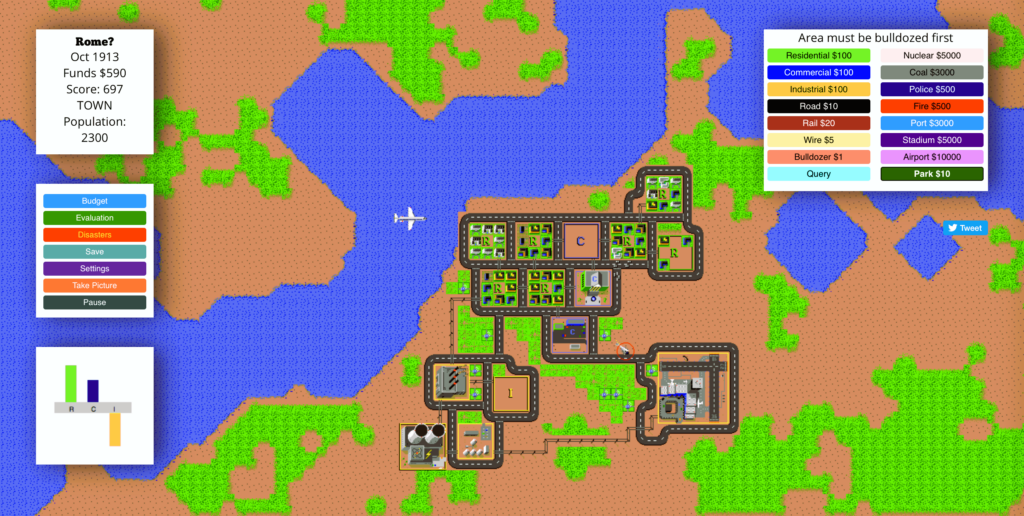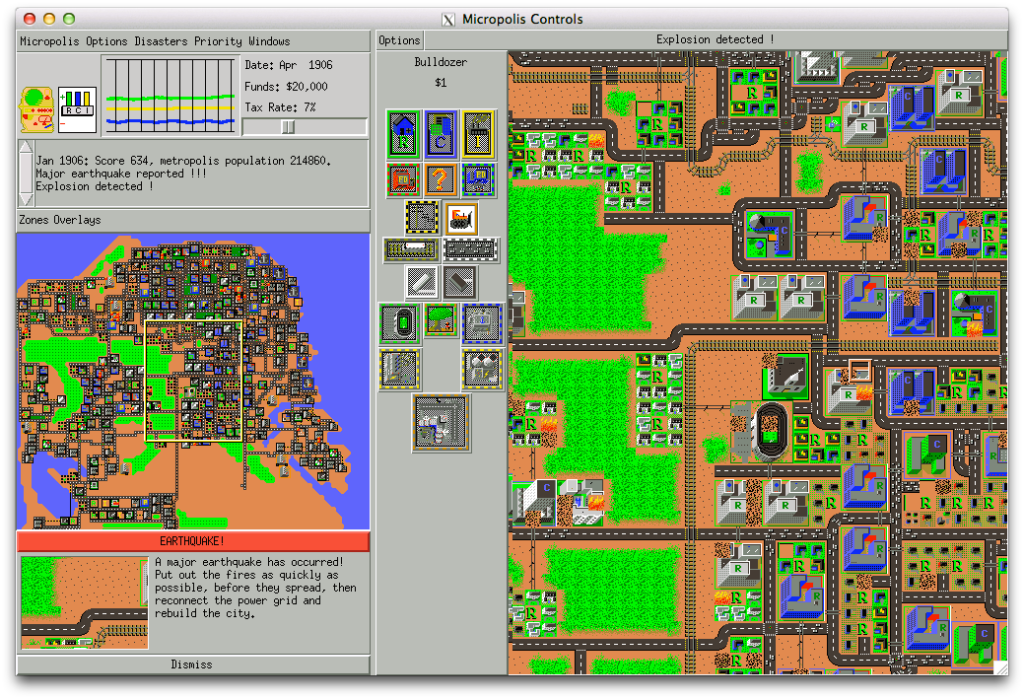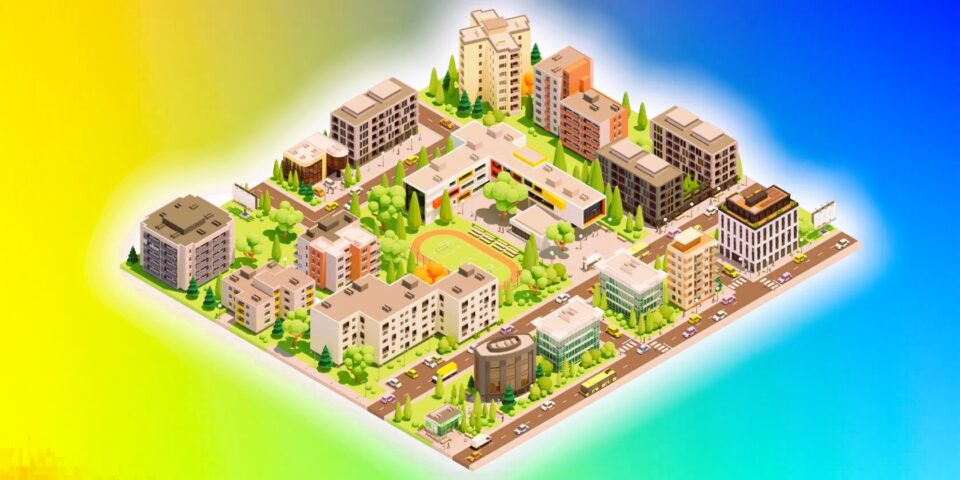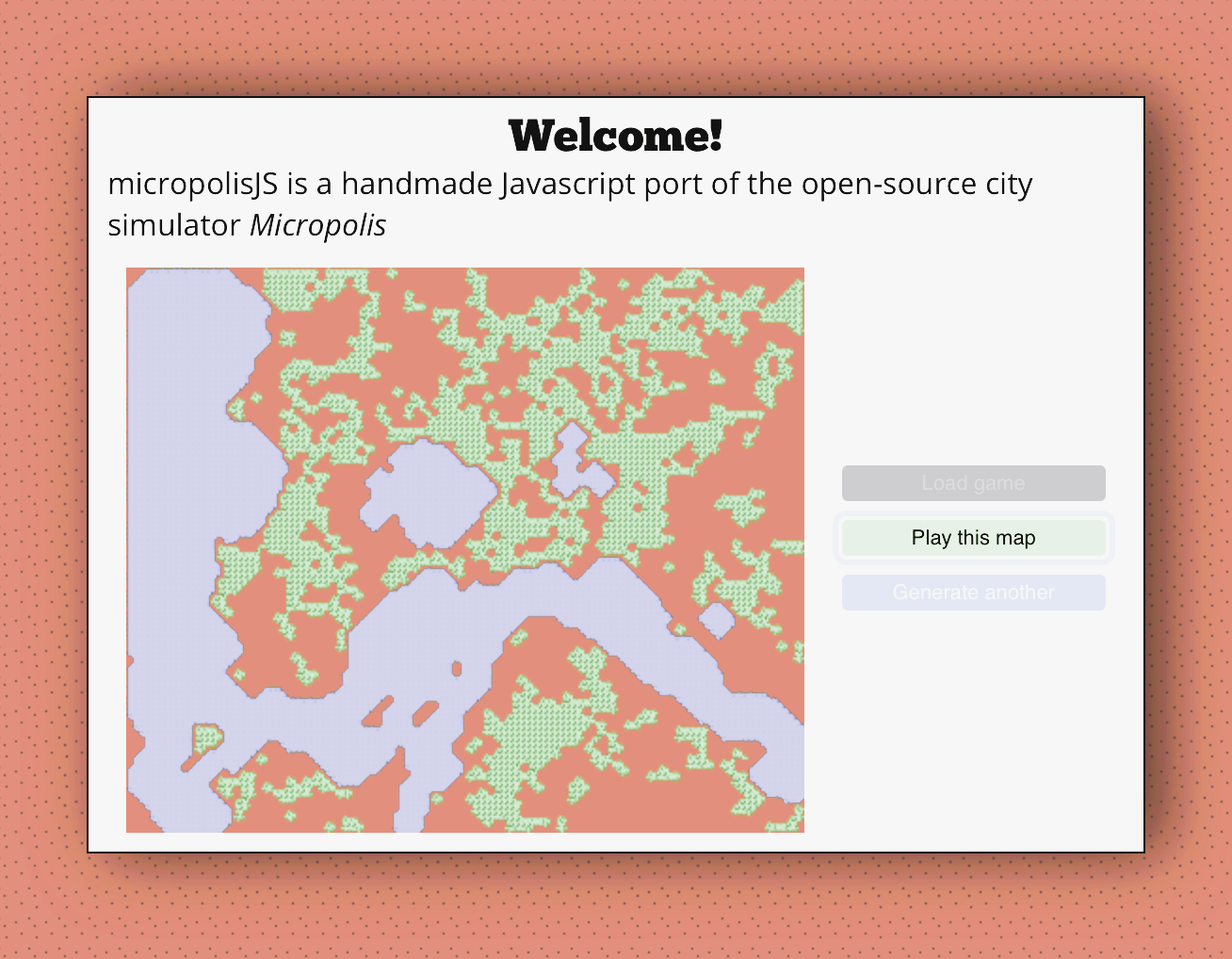Micropolis, the digital realm where mayors mold the skylines of their dreams, not only challenges players to create aesthetically pleasing cities but also demands economic prowess. In this deep dive, we explore advanced strategies for economic mastery in Micropolis, providing mayors with the tools and insights needed to build thriving and prosperous virtual metropolises.
Understanding the Economic Landscape of Micropolis
Before delving into advanced strategies, it’s crucial to understand the economic mechanics that govern Micropolis. The game incorporates a dynamic economic system influenced by various factors, including citizen satisfaction, industrial output, and external trade.
- Balancing the Budget: The foundation of economic success in Micropolis lies in managing the city’s budget effectively. Mayors must carefully balance income sources, such as taxes and trade, with expenditures on essential services, infrastructure, and development projects.
- Citizen Satisfaction: Happy citizens contribute to a healthy economy. Monitoring factors like education, healthcare, and entertainment helps maintain high satisfaction levels, which, in turn, lead to increased productivity and economic growth.
Advanced Economic Strategies for Prosperity

To achieve economic mastery in Micropolis, mayors must go beyond basic budget management. The following strategies provide a roadmap for creating a flourishing economic landscape:
- Strategic Zoning and Planning:
- Commercial Hubs: Designate specific zones for commercial development, strategically placing them near high-density residential areas to capitalize on consumer demand.
- Industrial Efficiency: Optimize industrial zones by ensuring proximity to transportation hubs and minimizing pollution. Employing advanced infrastructure like railways and efficient road networks can enhance industrial productivity.
- Investing in Education and Research:
- Universities and Research Centers: Establishing universities and research centers fosters technological advancement, unlocking higher-tier buildings and attracting skilled workers. A well-educated workforce contributes to innovation and economic prosperity.
- Specialization and Trade:
- Identifying Specializations: Analyze the unique attributes of your city, such as natural resources or geographic advantages. Specializing in specific industries or services can give your city a competitive edge.
- Global Trade:* Establishing trade routes with neighboring cities or even other players can introduce additional revenue streams. Exporting surplus goods and importing essential resources can bolster economic stability.
- Tourism and Entertainment:
- Tourist Attractions: Develop iconic landmarks, parks, and entertainment venues to attract tourists. A thriving tourism industry brings additional income and boosts local businesses.
- Cultural Events:* Hosting cultural events and festivals enhances the city’s appeal. From music festivals to sports events, these activities contribute to both cultural richness and economic prosperity. Did you like the article? Read also about Frostpunk.
- Smart Infrastructure Investments:
- Efficient Transportation: Invest in advanced transportation infrastructure, including efficient road networks and public transit systems. Streamlining transportation not only reduces traffic congestion but also supports economic activities.
- Technological Upgrades: Embrace technological advancements in city infrastructure, such as smart grids and renewable energy sources. These investments lead to cost savings and environmental sustainability.
Community and Expert Insights: Fandom, IGN, and Wikipedia
As mayors seek to master the economic intricacies of Micropolis, community-driven platforms and expert insights provide valuable guidance.
- Fandom Micropolis Wiki: The Micropolis Wiki on Fandom serves as a comprehensive resource, offering detailed strategies, economic guides, and community insights. Mayors can find in-depth information on optimizing their economic gameplay.
- IGN Economic Analysis: For critical perspectives and in-depth analyses of Micropolis’ economic features, IGN stands as a reliable source. Visit IGN Micropolis for expert reviews and insights into economic strategies.
- Wikipedia Micropolis Page: Wikipedia provides a centralized hub for understanding Micropolis’ economic mechanics and the game’s overall development. Visit Wikipedia Micropolis for historical context and detailed information on the game.
Navigating Economic Challenges: A Mayor’s Guide

The path to economic mastery is not without challenges. Mayors must be prepared to address economic downturns, unforeseen disasters, and the evolving needs of their virtual citizens.
- Crisis Management: During economic downturns, implement austerity measures, cut unnecessary expenses, and focus on attracting new industries. Balancing the budget and maintaining citizen satisfaction are crucial during challenging times.
- Resource Diversification: Avoid over-reliance on a single industry or resource. Diversify your city’s economic base to withstand market fluctuations and external shocks. A well-diversified economy is more resilient in the face of challenges.
Looking to the Future: Economic Innovation in Micropolis
As Micropolis continues to evolve, mayors have the opportunity to pioneer economic innovation. New features, updates, and community-driven initiatives will shape the economic landscape of virtual cities.
In conclusion, economic mastery in Micropolis requires a strategic mindset, a keen understanding of city dynamics, and the flexibility to adapt to changing circumstances. By incorporating advanced economic strategies and leveraging community resources, mayors can build virtual cities that not only stand tall but thrive economically.


